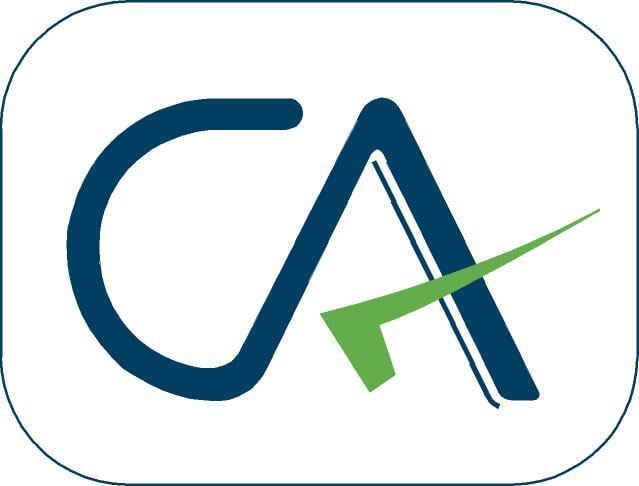EXCISE DUTY ON MANUFACTURING
Excise duty is type of indirect tax levied on the manufacture or sale of specific goods within a country. It is imposed at the time of production rather than at the point of sale. In India, this tax is governed by two major legislations: “the Central Excise Act”1944, and “the Central Excise Tariff“Act, 1985. The responsibility of collecting excise duty lies with the Central Board of Excise and Customs(CBEC), ensuring that manufacturers contribute to the government’s revenue on specific goods.
Before the introduction of the Goods and Services Tax (GST) in 2017, excise duty was one of the primary indirect taxes in India. Despite this excise duty still applies to a limited set of products, such as petroleum,liquor, and tobacco.
It is levied on the goods mention in section 3 of The Central Excise Act 1944, Implemented based on Value,Unit, Length or area of the excisable goods. The basic excise rates are mention in the schedule 1 of the Central Excise Tariff Act 1985.
2.Additional Excise Duty:
It is tax levied on all goods scheduled under Section 3 of the “Additional Duties of Excise Act “of 1957.This tax collected is shared between the Central and State government and is levied instead of sales tax.
According to section 37 of the finance act “1978” It is levied on all excisable goods that are come under the taxation like basic excise duty. Therefore, each year finance Act spell out weather the Special excise duty shall or shall not charge. The rates are applicable according to the Schedule 2 of “The Central Excise Tariff Act 1985”.
Who Should Pay Excise Duty?
Excise duty must be paid to the government by the maker of the items since it is imposed on the manufacture or production of goods or commodities. According to the excise law, three parties are liable for paying the excise duty:
General Rule (Rule 8 of Central Excise Rules, 2002)
WHO ALL ARE REQUIRED TO PAY?
Excise duty is payable when goods are removed from the factory or warehouse for sale. The payment of timeline is:
By the 5th day of the following month from the date of removal.
Example: If goods are removed on 15th January, excise duty must be paid by 5th February.
Online Payment (Net Banking)
If payment is made electronically (via net banking), the deadline is extended by one day:
By the 6th day of the following month.
Example: For goods removed in February, the duty must be paid by 6th March.
Special Case: March (End of Financial Year)
For goods removed in March, the deadline is 31st March (regardless of the usual 5th/6th day rule).
This ensures the duty is accounted for in the same financial year.
Penalty for not paying Excise duty on time:
1. Late Payment of Duty (Rule 8)
If you don’t pay excise duty on time:
Interest – You must pay extra interest for the delay.
Penalty – 10% of unpaid duty or ₹5,000 (whichever is higher).
2. Not Registering (Rule 9)
If you run a business that must register but don’t:
Penalty – ₹10,000 or duty amount evaded (whichever is higher).
Legal Action – In serious cases, you may face prosecution (court case).
3. Not Keeping Proper Records (Rule 10)
If you don’t maintain required accounts/documents:
Penalty: ₹10,000 or duty amount involved (whichever is higher).
4. Late or Missing Returns (Rule 12)
If you delay or skip filing returns (like ER-1, ER-2):
Penalty: ₹5,000 per return (for each late/missing filing).
3. Cheating or Duty Evasion (Section 11AC)
If you intentionally evade duty (fraud, hiding facts, fake records):
Penalty: 100% of the evaded duty (equal to the unpaid tax).
In case of any queries,feel free to reach us out.
